

Persona Q: Shadow of the Labyrinth is the first of its kind: a crossover title that blends together role-playing series Persona and dungeon crawling series Etrian Odyssey. As if that weren't enough, it features the casts from Persona 3 and Persona 4 together at last. Available today, it's also the first time you can play a Persona game on your Nintendo 3DS — and believe me, you'll want to.
If you're unfamiliar with one or both franchises, however, you're in for a long haul. Persona Q's adorable, chibi world packs a cruel punch in terms of difficulty. To help get you started, I've included some tips for beginners and lessons learned during my time with the game.
Persona Q is overflowing with great characters to use in your party — 17, in fact, if you include your non-removable protagonist. You can swap four in and out. Unless you're determined to level each and every one of them, it's to your advantage to pick a team early and stick with it. There are a few game mechanics that make this entirely possible, despite the elemental strengths of your party, but we'll get to that later.

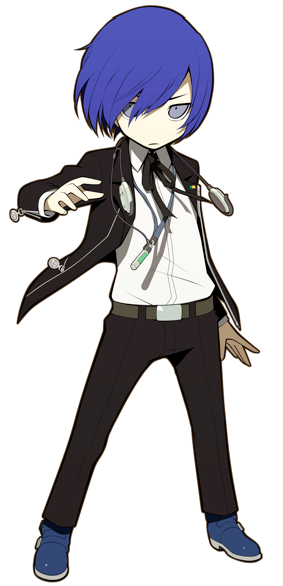
The game's combat system determines these characters as best suited for either the front or back rows; think blunt-force attacks vs. ranged or healing moves. Your back party members are unlikely to hit as hard as those up front, so consider choosing characters with high SP to deal skill damage or act as healers.
Unlike in other Persona games, striking an enemy's weak point in Persona Q won't grant you an additional move. Instead, your character receives a boost for a single turn. While boosted, your skills cost nothing — no SP, no HP, nothing. This is a great way to conserve your energy early in the game and in long fights (which there will definitely be a few of), so learn and exploit weaknesses with the lowest-costing attack you can and ride the free wave. A word of caution: If your character is hit, they'll lose their boost.
It's fair to assume that you're going to be doing a lot of running away from fights in Persona Q, thanks to its highly leveled enemies known as FOEs. FOEs appear on-screen, as opposed to in random encounters, and pack more of a punch than your typical fight (or even boss fights, in some cases). These enemies are often used as part of puzzles; they gate off paths you want to take and force you to think around them.
You'll generally want to avoid FOEs in your current dungeon, but that doesn't mean they're unbeatable. In fact, if you're up to the challenge, there are huge benefits to taking them on. FOEs are worth more experience than your typical battle, but more importantly, defeating one will always grant you a high-level Persona typically beyond your reach. If you start to feel overwhelmed, you can still run away mid-fight.
Defeating FOEs in your path can also be a last-ditch effort to brute-force your way through an area you might be otherwise stuck on. It's not the most elegant solution, but it is still a solution.
Although this is great advice for consumable items like Goho-Ms, which whisk you safely out of any dungeon, in this instance it's good advice to apply to your sub-Personas. Sub-Personas are a new feature in Persona Q that allow you to equip any character in your party with a Persona that supplements their main, and yes, it is the best thing ever.
It's not the most elegant solution
With sub-Personas, it's incredibly easy to round out your team's elemental strengths and weaknesses. You can't swap them out during battle, but it's a good idea to keep a few super-loaded Personas with varied abilities ready to go while you're in dungeons. Which brings us to ...
The ability to fuse Personas in the Velvet Room is back in Persona Q, and it's one you should use often. You'll pick up spares after battles, particularly when you fight FOEs, but fusing is the fastest way to unlock powerful new Personas.
but it is still a solution.
The game will offer you suggestions on which Personas to fuse; in my experience, these recommendations are very useful. You'll also eventually gain the ability to sacrifice Personas for extra experience or a single skill.
In general, it's a good idea to start shopping around for new Personas when your current one runs out of skills to learn. I liked to keep at least one slot open to welcome new Personas I'd find in battle, so don't be shy about sacrificing or booting a few of the duds. Any lost Persona can always be recalled with the Compendium, though you'll want to make sure it's updated.
Just like in their respective games, Fuuka and Rise will act as your home base support team. Persona Q is great about letting you customize your support experience, and it's one you should absolutely experiment with. Your initial support character will depend on which protagonist you choose, but once the casts combine you can select either girl to provide her voice and/or specific set of skills in the field and in battle.
Fuuka and Rise directly affect your Leader Skills, or special abilities that use the hit meter to the right of your screen. Initially, Fuuka can provide a recurring full-party heal, while Rise allows one character to act first in battle. Your options will increase as each level their Persona, but sub-Personas can be particularly helpful here.

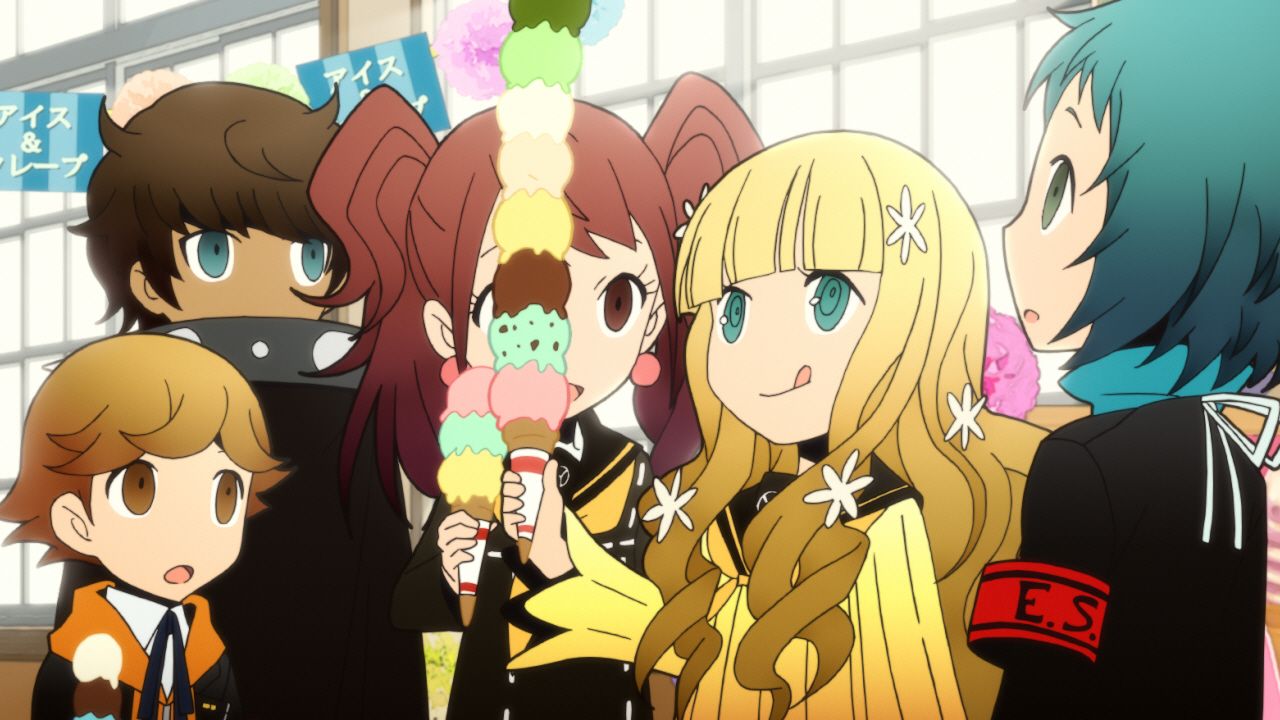
Many Personas have skills that include a small circle with a plus sign in the middle — these are Leader Skills, available only to your support team. Some are applicable in battle, like healing skills, while others will help you in the labyrinth. One of the navigational skills I frequently used allowed me to spot shortcuts within dungeons before I physically encountered them.
Fuuka and Rise can both equip sub-Personas, so make sure you're tailoring their support skills to the role you've assigned them.
Persona Q puts your average retailer to shame when it comes to stocking new items. Each time you return from the labyrinth, it's likely that you'll have materials to sell. While these are great for bringing in cash, they're more important for unlocking new items in the shop. It's tempting to buy every new thing the second it opens up, but you're better off curbing your spending habits.
Look at it this way: That new sword you bought will probably be obsolete in one or two more trips if you're efficient at exploring. I started my game by obsessively buying every new thing I could, and I found myself broke with very little to show. Equip your party with new gear when it makes a difference, and save your cash for future upgrades, Persona recalls and consumable items.
However, if you absolutely must buy everything...

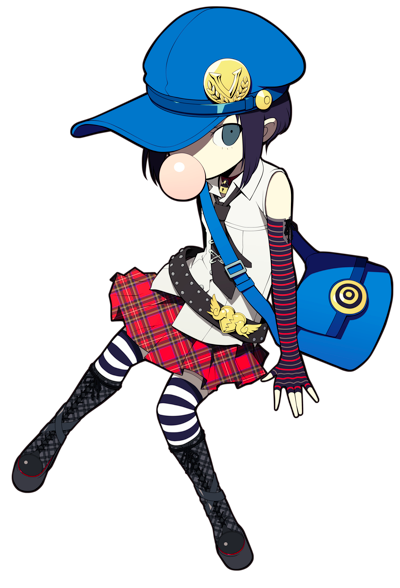
Power spots are your best shot for raking in quick cash. They refresh every time you re-enter a labyrinth, so if you're looking to up your cash flow, make a note of them on your map and visit often.
One of the easiest ways to get lost or stuck in Persona Q is thanks to its biggest contribution from Etrian Odyssey: Mapmaking. Wandering through each labyrinth will record the steps you take, but it's up to you to fill in the rest, e.g. walls, doors, switches and everything in between. It's less of a nuisance than it sounds, but you'll want to be careful and specific with your mapping.
Hastily penciling in a wall where there isn't one is a fast way to end up lost, and a misstep I myself committed. Mark down spots of interest and tinker with the many cartography options you have. A few of my favorite features let you draw paths to auto-walk, leave directional cues or even jot down written notes on specific squares.
Speaking of which, note-taking (or even snapping pictures) of clues is something I highly recommend. Persona Q often features puzzles that require you to decipher codes or remember clues, and you can't always access that information again — bad news if you're forgetful or simply take a long break.
It might sound stupid, but trust me: Put the game down if you get stuck. Countless times I'd agonize over a puzzle only to come back a day later and solve it with no problems. Sometimes you just need to clear your head.

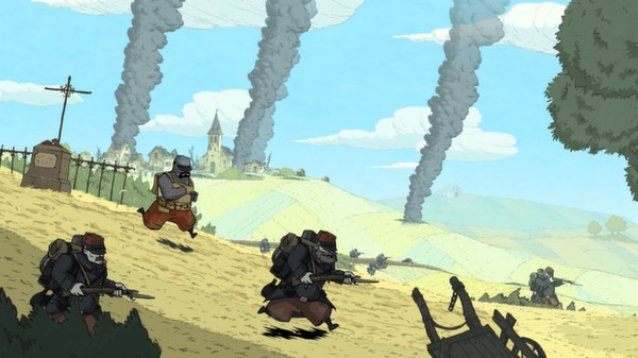
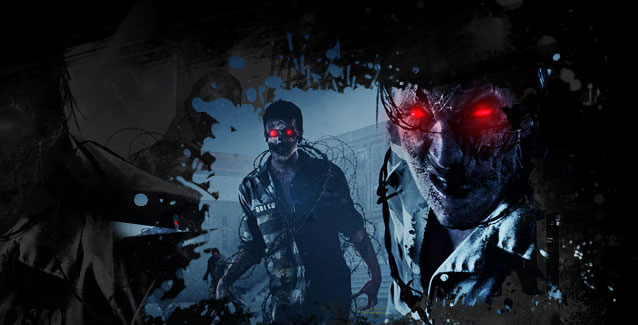

 There Will Be Ads - Microsoft plans commercial breaks on XBox Live! entertainment
There Will Be Ads - Microsoft plans commercial breaks on XBox Live! entertainment Grand Theft Auto Police Wanted Level Guide
Grand Theft Auto Police Wanted Level Guide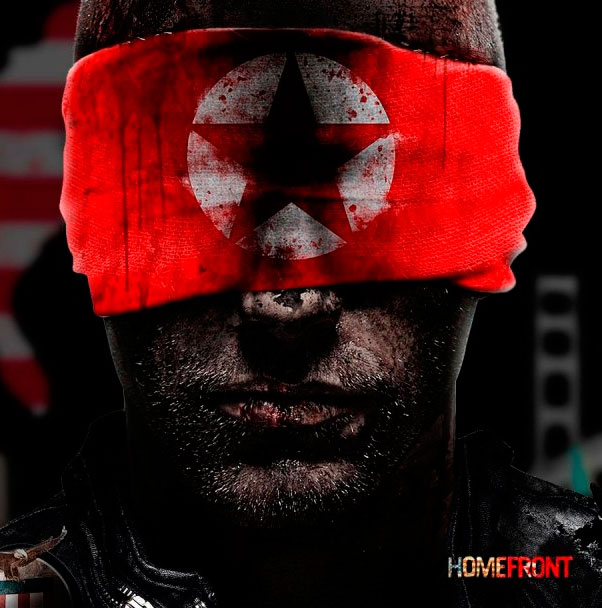 Homefront Review Round-up
Homefront Review Round-up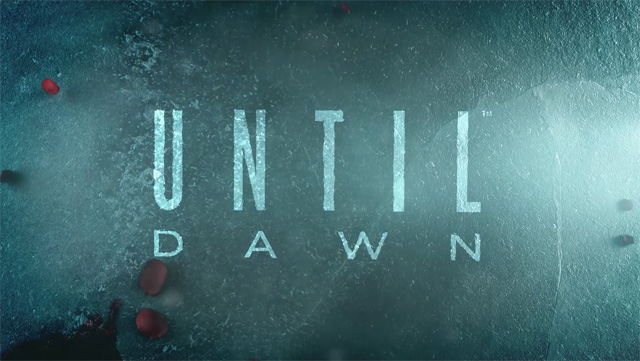 Until Dawn Ending Guide: How To Get Worst/Bad Ending
Until Dawn Ending Guide: How To Get Worst/Bad Ending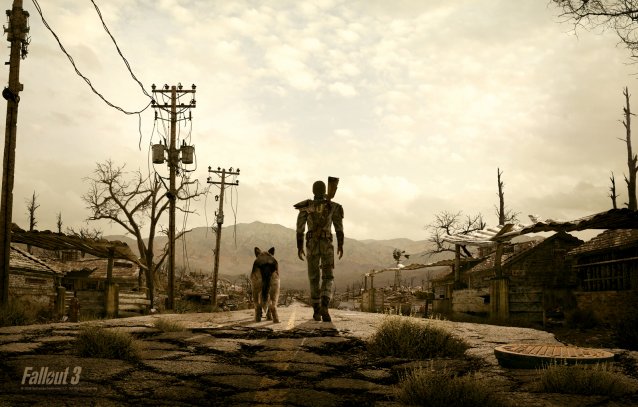 5 Things Id Like To See Happen in Fallout 4
5 Things Id Like To See Happen in Fallout 4